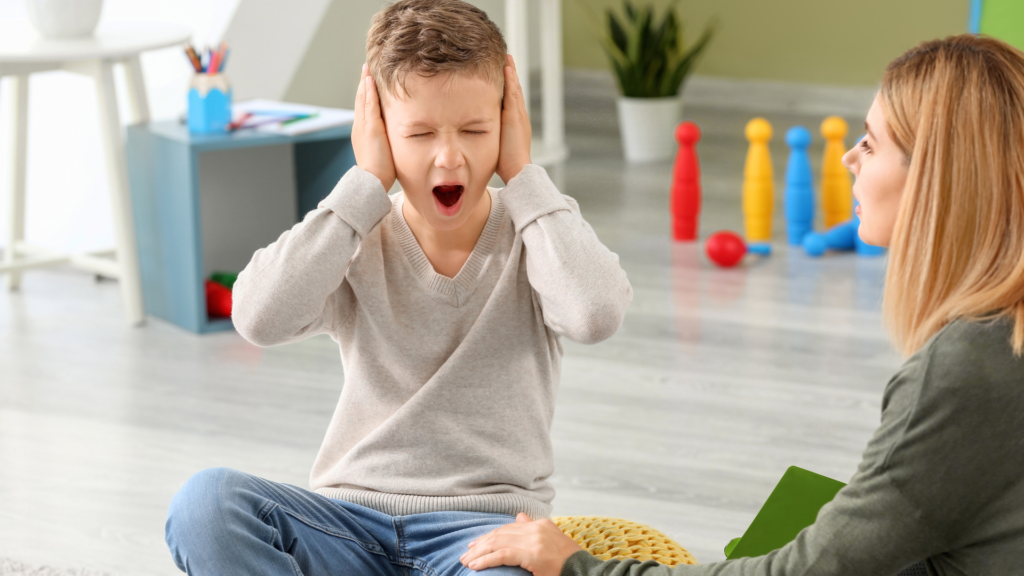
A guide on Social Communication Disorders (SCDs). Explore the signs, causes, diagnosis, and treatment strategies for SCDs, highlighting the crucial role of speech therapists. Navigate through these disorders and discover how targeted interventions by a speech therapist in Dubai can enhance social communication skills.
Social Communication Disorder (SCD) is a condition that affects the ability to interact socially through verbal and nonverbal communication. It doesn’t involve speech mechanics but rather focuses on using language effectively in social contexts, itis a problem communicating. Simply put, it’s a condition that makes it hard to talk to other people.
Social Communication Disorder becomes evident in early childhood, often characterized by delays in social communication milestones. Some common signs include difficulty understanding implied meanings, inappropriate greetings, and challenges in maintaining conversations, difficulties in narration and understanding/applying social rules.
The exact cause of Social Communication Disorder is unclear, but it often co-occurs with other conditions like autism spectrum disorder.
Social Communication Disorder isn’t linked to intelligence but can present challenges in various life domains. In the case of autism spectrum disorder, social communication problems are a defining feature, along with restricted, repetitive patterns of behavior. Therefore, SCD cannot be diagnosed in conjunction with autism spectrum disorder.
Speech-language therapists in Dubai conduct assessments to diagnose Social Communication Disorder, considering verbal and nonverbal communication skills across different settings. Observations in natural environments, like classrooms or homes, are also valuable.
Speech-language therapy is the primary treatment for Social Communication Disorder, focusing on improving social communication skills. Behavioral interventions, peer-mediated approaches, and specific social communication treatments are commonly used.
Social communication skills continue to be important throughout life, impacting various aspects such as education, employment, and relationships. Therapeutic interventions tailored to different age groups can significantly improve outcomes.
Understanding cultural norms is crucial in assessing and treating SCD since social norms vary across cultures. Speech and language therapists must consider individual cultural backgrounds to provide effective interventions.
Speech therapists, also known as speech-language pathologists, play a crucial role in helping people with social communication disorders. Speech therapists play a central role in screening, diagnosing, and treating Social Communication Disorder. Their responsibilities include educating other professionals, conducting assessments, developing treatment plans, and advocating for individuals with SCD. During therapy sessions Speech language therapists use various activities and exercises to target specific communication skills, such as understanding social cues and engaging in conversations, learning social rules and include role-playing, visual aids, peer interaction, parent involvement and social stories
Overall, speech therapists play a vital role in helping individuals with social communication disorders improve their social skills and connect more effectively with others. With their expertise and support, individuals with SCD can overcome communication challenges and lead fulfilling lives.
Social Communication Disorders poses challenges in social interaction but can be effectively managed through targeted interventions. With proper diagnosis, treatment, and support, individuals with SCD can enhance their social communication skills and improve their quality of life.
Speech therapists, including those in Dubai like at Talking Brains Center, play a vital role in providing support. Recognizing related disorders like autism spectrum disorder and difficulties in writing underscores the importance of holistic therapy. With collaborative efforts, individuals with SCDs can improve their quality of life.